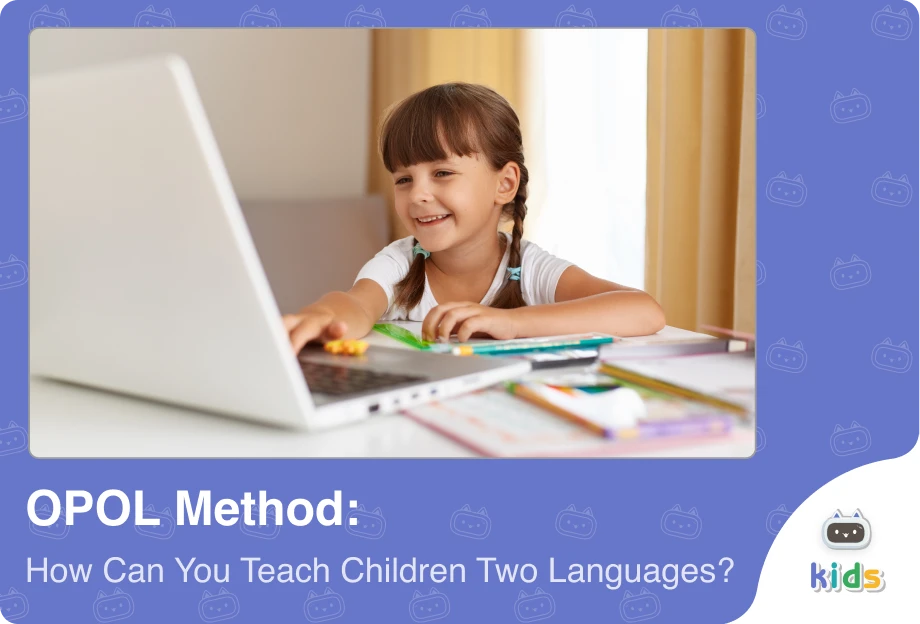The advent of the internet and social media has changed the way children learn, communicate and have fun. While these technological advances offer many benefits, they also pose significant challenges and risks. In this article, we explore the benefits and negative effects of social media on children and offer practical advice to help parents navigate this complex landscape.
The Benefits of Social Media
Transforming communication and information sharing in today’s digital age, social media offers countless advantages. By enabling instant communication with loved ones, it encourages stronger bonds despite distances. Social media facilitates rapid information dissemination, helping users stay up-to-date with news and current events. It offers businesses cost-effective marketing opportunities, increasing customer engagement and brand awareness.
The abundance of educational resources on social platforms increases the accessibility of learning. Social media also provides social support and a sense of belonging by fostering community around shared interests. Professional networking sites enhance employment opportunities, while entertainment options such as videos and live streaming offer endless enjoyment.
Social media also strengthens social movements and advocacy, improves customer service, and encourages creativity and self-expression. It promotes collaboration and networking, helps build brands, raises awareness for charitable causes and enhances cultural understanding. It also benefits both businesses and content creators by increasing website traffic.
Enhanced Learning Opportunities
Digital media platforms can serve as valuable educational tools. They provide access to a wide range of information and resources that can enhance learning. Educational videos, tutorials and interactive content available on platforms such as YouTube and other educational social networks can supplement traditional learning methods.
Social Connectivity and Support
Social media enables children to connect with friends and family, encouraging social interaction and support. For example, platforms such as Facebook, Instagram and Snapchat allow children to stay in touch with their peers, share experiences and receive emotional support.
Development of Digital Skills
Engaging children with social media helps them develop essential digital skills that are increasingly important in today’s world. These skills include navigating online platforms, understanding digital etiquette, and acquiring basic technology literacy, which is crucial for future academic and professional success.
EnglishCentral Kids Features
EnglishCentral Kids is a child-friendly social media platform that provides a safe and controlled environment for children to explore and interact online. Providing educational content, interactive learning tools and a community of young learners, the platform enables children to enjoy the positive aspects of social media without being exposed to inappropriate content.
You can access everything your child needs to learn English on a single platform! With 25-minute live lessons guided by teachers specialized in child education, entertaining and instructive interactive videos designed for child development, vocabulary learning tools, the AI Tutor MiMi, quizzes, and interactive activities, EnglishCentral Kids offers a personalized and quality education plan tailored to your child’s needs at affordable prices. How about registering for EnglishCentral Kids now and starting your child’s English learning journey?
The Negative Effects of Social Media
Digital media has several disadvantages that can affect users in various ways. Privacy concerns stem from the vulnerability of personal information shared online, leading to potential data breaches and unauthorized access. The rapid spread of misinformation on social media can cause confusion and negatively affect public opinion and behavior. Cyberbullying and harassment are common problems, as the anonymity on these platforms can lead to harmful actions that affect victims emotionally.
The engaging nature of social media can lead to addiction, negatively impacting time management, relationships, productivity and mental health. Constant exposure to idealized images can lead to feelings of inadequacy, anxiety and depression. While social media encourages broad connections, these interactions often lack depth and contribute to feelings of loneliness. Especially for professionals and students, frequent notifications and updates can be distracting and reduce focus and productivity.
Social media is also a hotspot for scams and fraud and requires users to be careful. Overuse of social media can reduce academic performance, with students spending less time in class and more time on social media. Over-reliance on social media for communication can erode real-life interaction skills, affecting the ability to build meaningful personal and professional relationships.
Exposure to Inappropriate Content
A key concern about children’s use of social media is their exposure to inappropriate content. This includes violent, sexual and harmful content that can negatively impact their mental and emotional well-being.
Cyberbullying
Cyber-bullying is a common problem on social media platforms. Children can be subjected to harassment, threats and negative comments, which can lead to serious psychological distress such as anxiety, depression and low self-esteem.
Decreased Physical Activity
Overuse of social media can lead to a sedentary lifestyle. Children can spend hours surfing the internet, chatting or playing online games, which reduces the time they spend on physical activities that are crucial for their overall health and development.
Privacy and Security Risks
Kids are often unaware of the privacy and security risks associated with social media. They may share personal information or communicate with strangers online, making them vulnerable to identity theft, scams and online predators.
Social Media and Children: What Should Parents Do?
It’s crucial for parents to stay involved in their children’s online activities without invading their privacy, which helps maintain trust. Emphasize the importance of privacy settings and review them together, highlighting the need to keep passwords private. Teach kids not to “friend” strangers and to interact mainly with people they know for a healthier online experience. Develop a family media plan with agreed-upon rules, such as keeping devices in common areas and turning them off during meals and before bedtime. Each child’s social media use should be tailored to their maturity level and personality. If issues like cyberbullying arise, report them to the appropriate authorities. Monitor your children’s social media use, emphasize its positive aspects, and set a good example with your own online behavior.
Set Clear Guidelines
Parents need to set clear rules regarding social media use. This includes setting time limits, defining acceptable online behavior, and outlining the consequences for violating these rules.
Monitor Online Activity
It is very important to regularly monitor your children’s online activities. Parents should know which platforms their children use, who they interact with and what content they access. Tools such as parental control apps can help monitor inappropriate content and restrict access.
Educate about Online Safety
Educating children about online safety is crucial. Parents should teach their children the importance of privacy, how to recognize and report cyberbullying, and the potential dangers of interacting with strangers online.
Encourage Open Communication
It is vital to maintain open communication with children about their online experiences. Encourage them to share their online interactions and any concerns they may have. This helps build trust and allows parents to address any issues immediately.
Frequently Asked Questions About The Effects of the Internet and Social Media on Children
When is the right age for kids to begin using social media?
This depends on the child’s maturity and the parent’s judgment, thus there is no universally applicable solution. Nonetheless, a lot of specialists advise against youngsters using social media platforms until they are at least 13 years old.
What steps can I take to protect my child’s online privacy?
Make sure your kids have strict privacy settings on their social media accounts. Instruct children not to provide private information, including their address, phone number, or name of school. Check their posts and buddy lists frequently to make sure they aren’t disclosing any private information.
If my child is being cyberbullied, what should I do?
In the event that your child is experiencing cyberbullying, you must respond quickly. Urge your kids to report the event to the platform and block the bully. Save any proof of the bullying, and contact law police or school administration if needed.
How can I set a screen time limit for my kids?
Establish unambiguous guidelines for your child’s daily screen time. To ensure a balanced lifestyle, use parental control tools to enforce these boundaries and promote offline activities.
You can access everything your child needs to learn English on a single platform! With 25-minute live lessons guided by teachers specialized in child education, entertaining and instructive interactive videos designed for child development, vocabulary learning tools, the AI Tutor MiMi, quizzes, and interactive activities, EnglishCentral Kids offers a personalized and quality education plan tailored to your child’s needs at affordable prices. How about registering for EnglishCentral Kids now and starting your child’s English learning journey?











